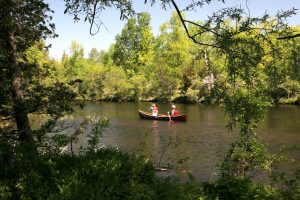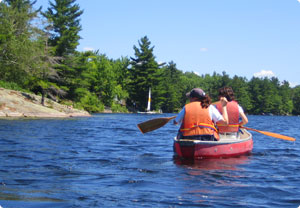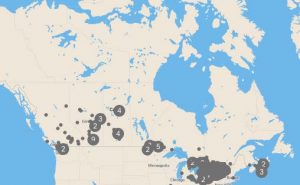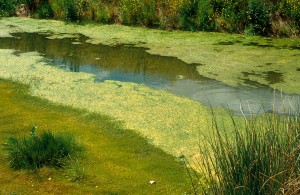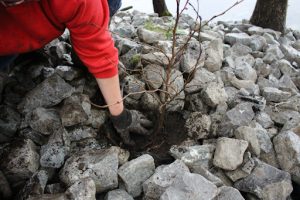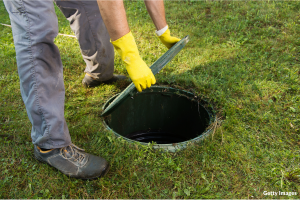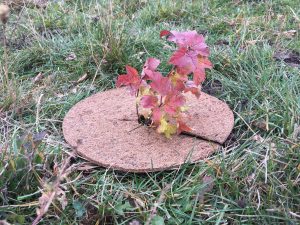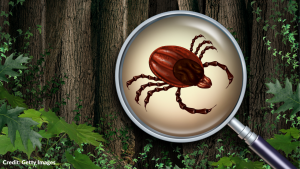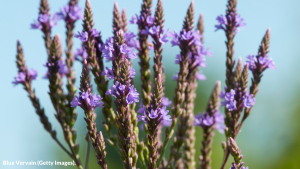Though we don't always see them, bats are incredibly important to the spaces where we live - they eat thousands of insects each night, and act as important pollinators, bringing pollen further than a butterfly or bee would be able to. This Halloween, you can provide a home for bats. Bat houses provide a place to roost and rest so they can keep doing their amazing work each night. You can take action today by Giving Bats a Home this Halloween! This is not an in-person or online event. The ... Read More
Municipal election time – a river day runs through it
by Robert Pye, Executive Director World Rivers Day reminds the world why Canadians should be proud of our watersheds. Over 8,000 river systems define our nation as well as our small towns. The mighty MacKenzie, Yukon, St. Lawrence, Fraser, and thousands of other rivers are the precious places that Watersheds Canada wants people to think about on the fourth Sunday of September. This year's World Rivers Day, September 25th, flows through the midst of municipal election time in Ontario. ... Read More
Go with the Flow: Rivers and Streams
by Alana Coulombe, Education programs administrator Naturally occurring freshwater lakes, rivers, and streams are connected through a dynamic network. Freshwater lakes are typically immobile bodies of water surrounded by land on all sides. Rivers consist of currents that flow down a channel and connect to larger water bodies. Like rivers, streams contain flowing water and often merge forming larger streams and rivers. An ordering framework classifies the streams within watersheds such that a ... Read More
The importance of community
by Jane Pangilinan, Digital Engagement Technician Have you heard of the Freshwater Stewardship Community? The Freshwater Stewardship Community is a virtual community that aims to connect people around Canada who care about freshwater issues. Launched and led by Watersheds Canada, the Freshwater Stewardship Community welcomes you to network, connect, learn, and act. The Freshwater Stewardship Community Looking for a community that shares a love of nature and a passion towards tackling ... Read More
Algae: Pond Scum or Essential?
by Alana Coulombe, Education programs administrator Algae occur naturally in ponds, lakes, rivers, and streams, growing well in sunlight, warm temperatures, and the presence of nutrients. Freshwater algae can be unicellular microscopic plants that use photosynthesis to convert carbon dioxide, water, and sunlight into oxygen and chemical energy. Although functionally similar, algae are an evolutionarily diverse group of organisms with different classifications (Lowe & LaLiberte, ... Read More
The Benefits of Vegetated Riprap
by Alana Coulombe, Education programs administrator Developed shorelines have a higher risk of erosion and often require protection of upland areas. The best way to stabilize your shoreline for long-term protection is by enhancing or creating a natural shoreline buffer consisting of native wildflowers, trees, shrubs, and grasses. If, however, your shoreline requires a stronger approach than plants alone, consider installing vegetated riprap instead of typical retaining walls or gabion baskets ... Read More
Septic Systems: they may be out of sight, but they shouldn’t be out of mind!
Guest blog written by Terri-Lee Reid, Conservation Researcher, Canadian Wildlife Federation When you love your lake, you will want to make sure your septic system is functioning properly. Improperly treated wastewater may contain bacteria, viruses, phosphorus, and nitrogen. Inadequate treatment can result in an overabundance of weeds and algal blooms. This can make a lake unpleasant for swimming and boating, affect water quality, fish, wildlife, and their habitats, and it can cause health ... Read More
Helping Your New Plants Thrive
by Samantha Cunningham, Ecological technician The first step in helping your new plantings is ensuring they are properly planted to start. Choose a location for your plant that is best-suited for its entire life-cycle. This includes checking its environmental preferences, for native species check out the Native Plant Database for this info. As well as ensuring the new planting will not need to be transplanted later in its life due to encroachment on pathways, water lines, and electrical wires ... Read More
Stay Natural, Stay Safe around Ticks
by Samantha Cunningham, Ecological technician Ticks are a member of the arachnid family, like scorpions and spiders. They move through crawling movements only, and survive through feeding on whatever blood-flowing creatures are available, humans included. Ticks in Canada There are around 40 species of ticks in Canada which range in size from a pinhead to a dime. Ticks are present across Canada, living in wooded areas, tall grasses, and under leaf litter. Ticks can be present in urbanized ... Read More
Planting Your Own Pollinator Garden
by Samantha Cunningham, Ecological technician One of the best things about creating a pollinator garden is the diversity of beauty that can be included! However, not all pollinator gardens welcome the same diversity of species. Bees are the most important and common pollinator type, with over 800 species in Canada! Luckily everyone’s favourite gentle friend the bumblebee is not only cute, but a native species as well. Be sure to respectfully admire the females who can sting multiple times ... Read More
- « Previous Page
- 1
- …
- 9
- 10
- 11
- 12
- 13
- …
- 18
- Next Page »


